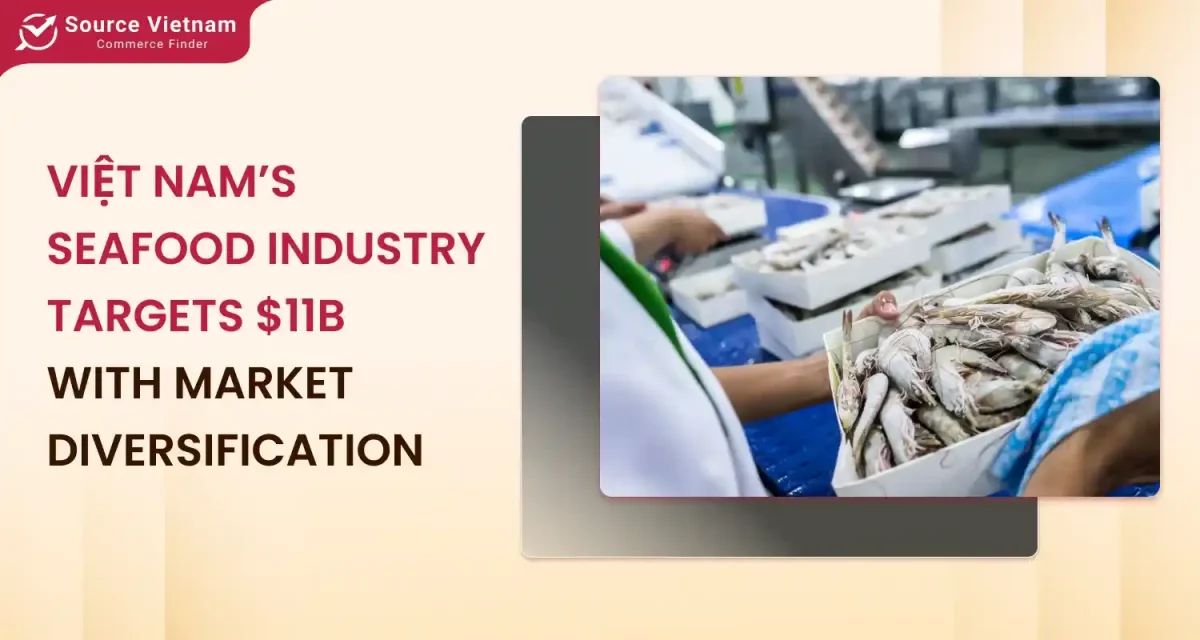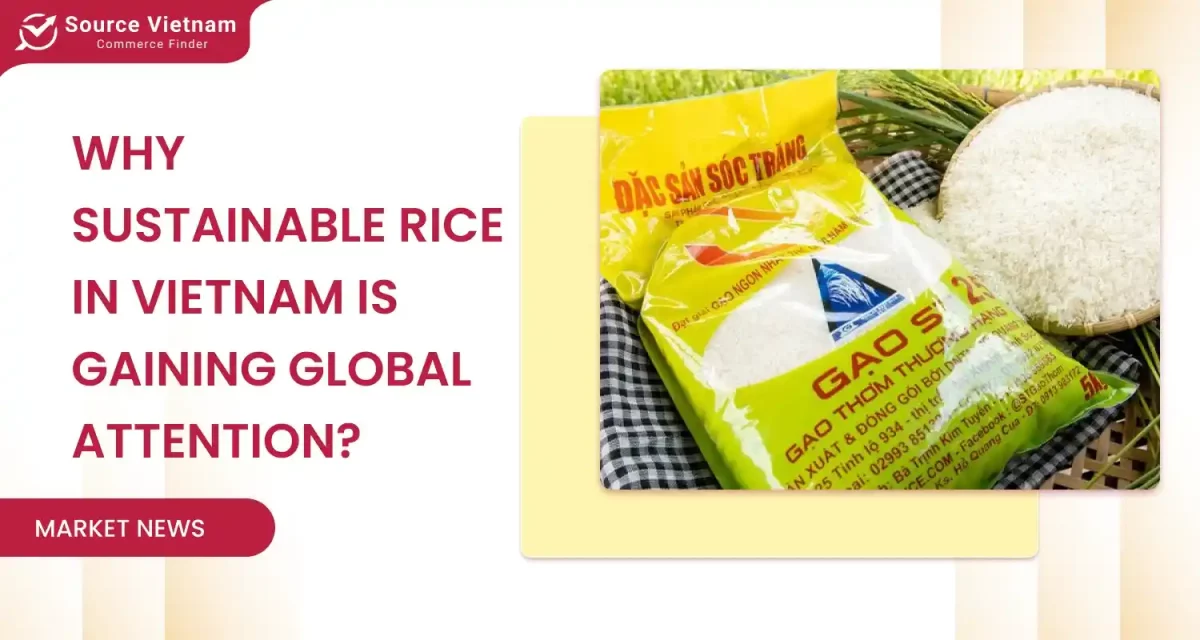Vietnamese cooperatives are embracing green production to meet global demand and gain a competitive edge in markets like the US, EU, Japan… Some have boosted revenue by up to 70 million VNĐ per hectare through organic methods, while others earned FDA certification for eco-friendly products.
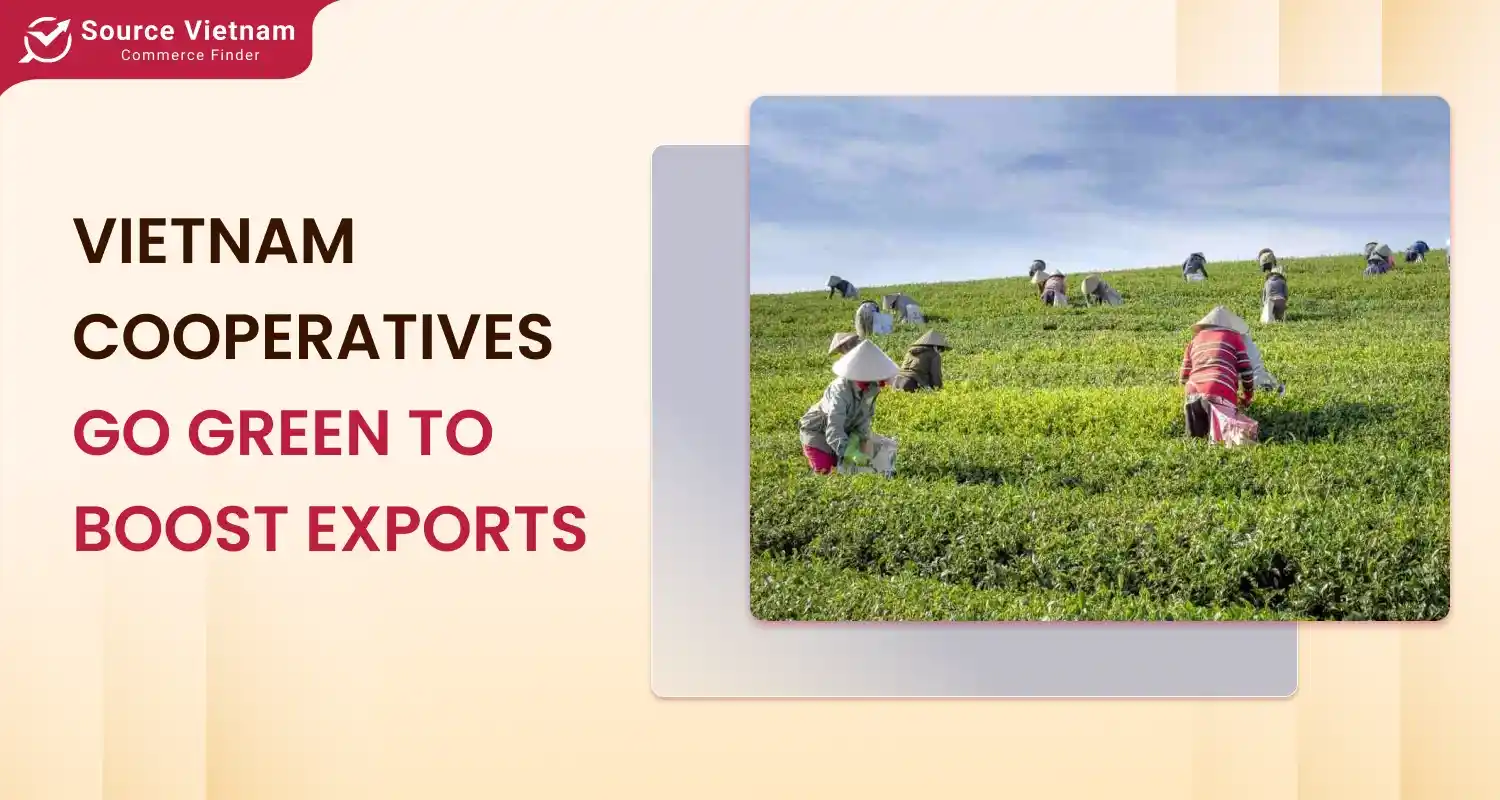
Many cooperatives in Việt Nam are shifting towards green and clean production methods as part of a broader strategy to enhance their brand image and strengthen their position in the global market. This shift is not just about improving product quality but also about meeting the increasing international demand for sustainability.
As global consumers become more environmentally conscious, markets such as the United States, Europe, China, Japan, and South Korea are placing higher value on products that are not only safe and high-quality but also produced with minimal environmental impact. In response, Vietnamese cooperatives are embracing eco-friendly practices to create a competitive advantage, comply with international standards, and tap into the growing opportunities offered by green trade.
Global shift towards green practices
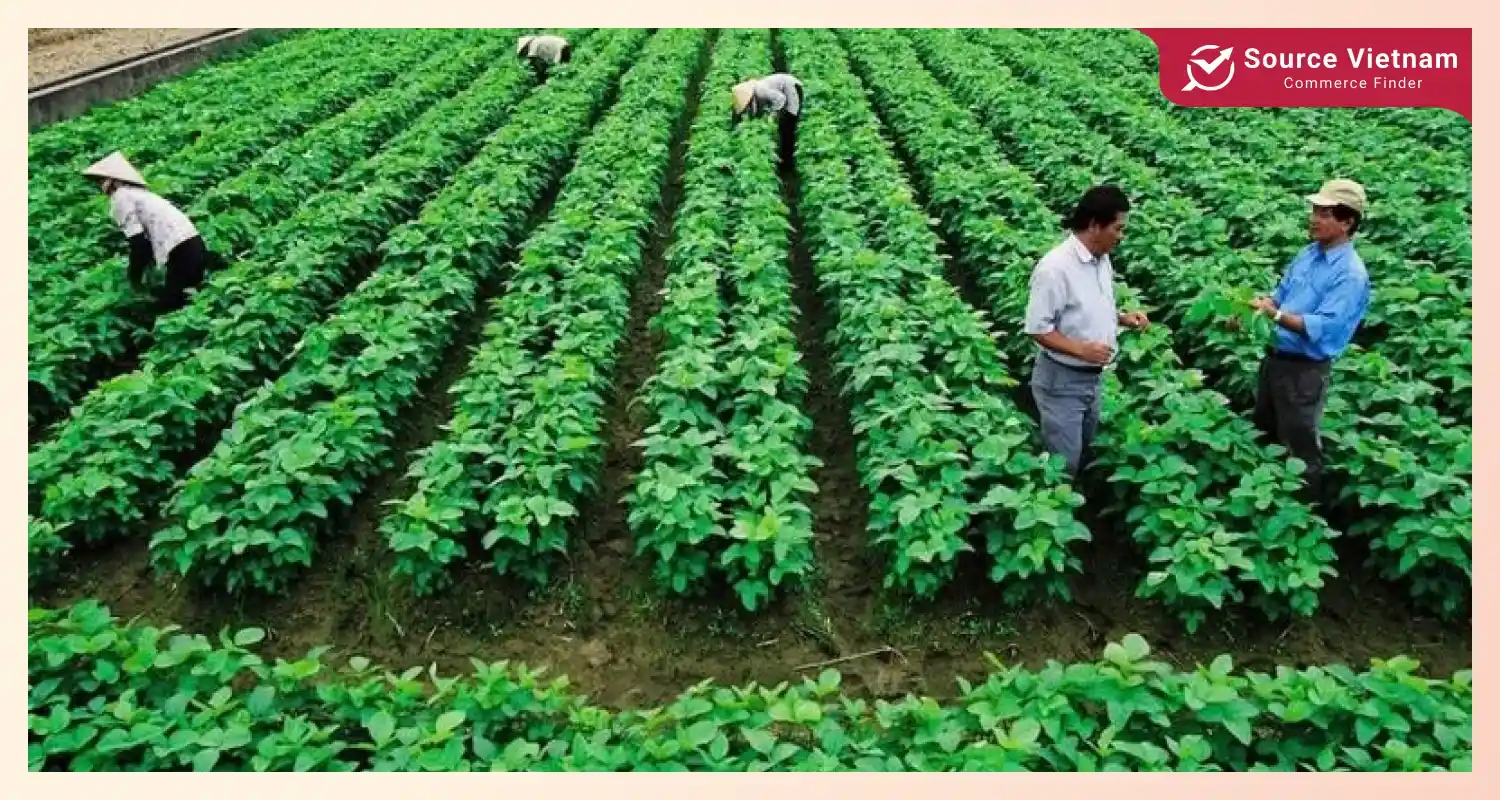
In major export markets like the United States, Europe, China, Japan, and South Korea, consumers increasingly value environmental protection. For example, the European Union requires compliance with stringent standards on animal and plant quarantine, traceability, environmental protection, food safety, and packaging. To meet these evolving expectations, Vietnamese cooperatives are adopting sustainable practices and focusing on eco-friendly production methods.
Embracing sustainable agriculture
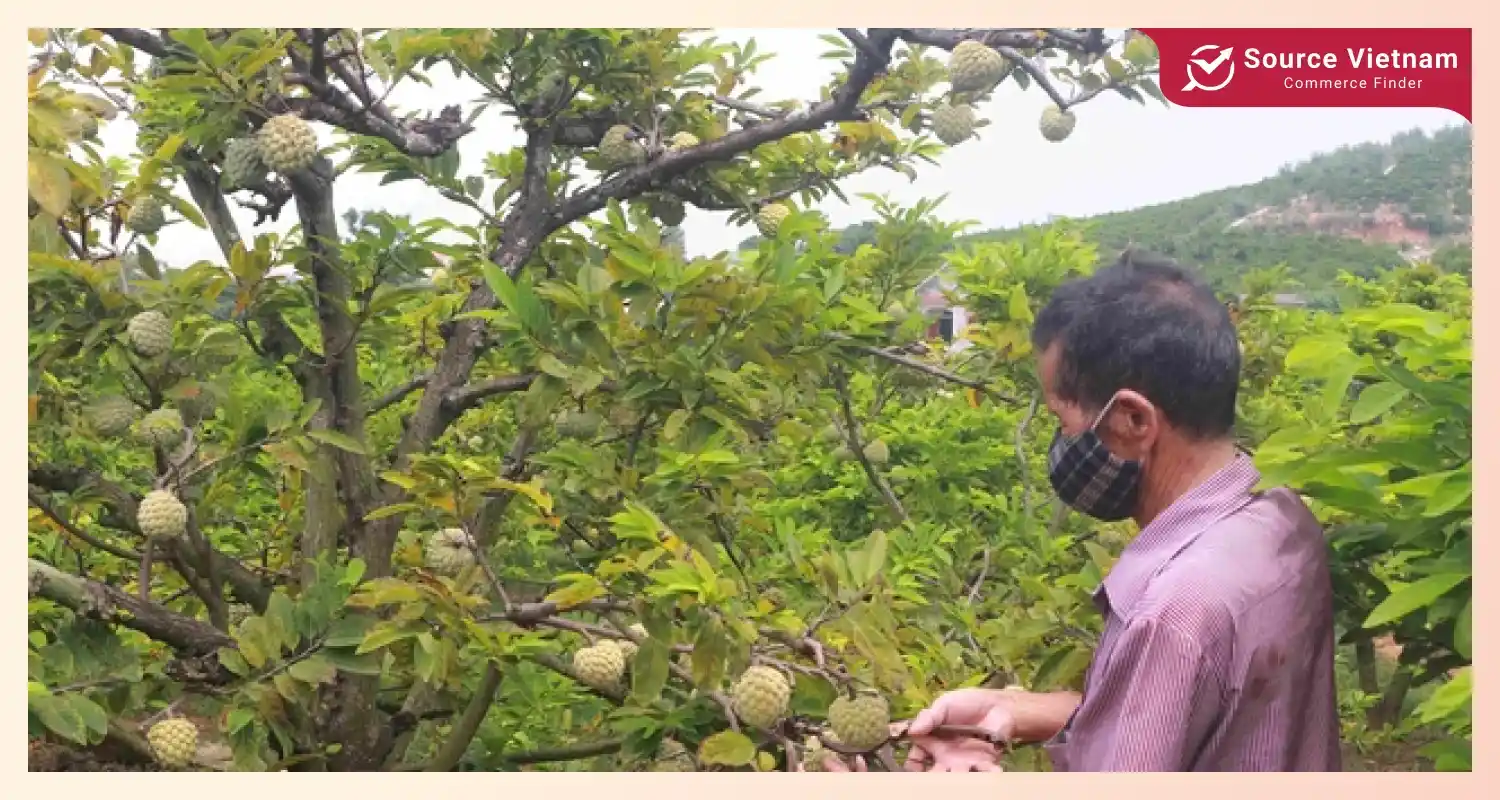
The Đông Triều Custard Apple Cooperative has encouraged its growers to adopt VietGAP (Vietnamese Good Agricultural Practices) and organic farming methods. These practices have significantly boosted the cooperative’s output, with each hectare of custard apple yielding over ten tonnes annually. This translates to a revenue increase of approximately 70 million VNĐ per hectare compared to traditional farming methods. Such shifts help meet the demands of international markets that prioritize traceability and environmentally friendly production.
Innovative packaging solutions
Tam Nông Vietnam Cooperative, based in Ho Chi Minh City, produces chili sauce and other agricultural products. The cooperative has invested in packaging solutions that meet the strict requirements of Japan’s market. Specifically, they’ve opted for aluminum trays for packaging chili sauce and frozen products, ensuring both product safety and environmental sustainability. According to the head of Tam Nông, Nguyễn Thị Vân Anh, these improvements in product quality and packaging not only ensure export compliance but also reinforce the cooperative’s commitment to being green, helping to establish a strong and trustworthy brand.
Eco-friendly product innovations
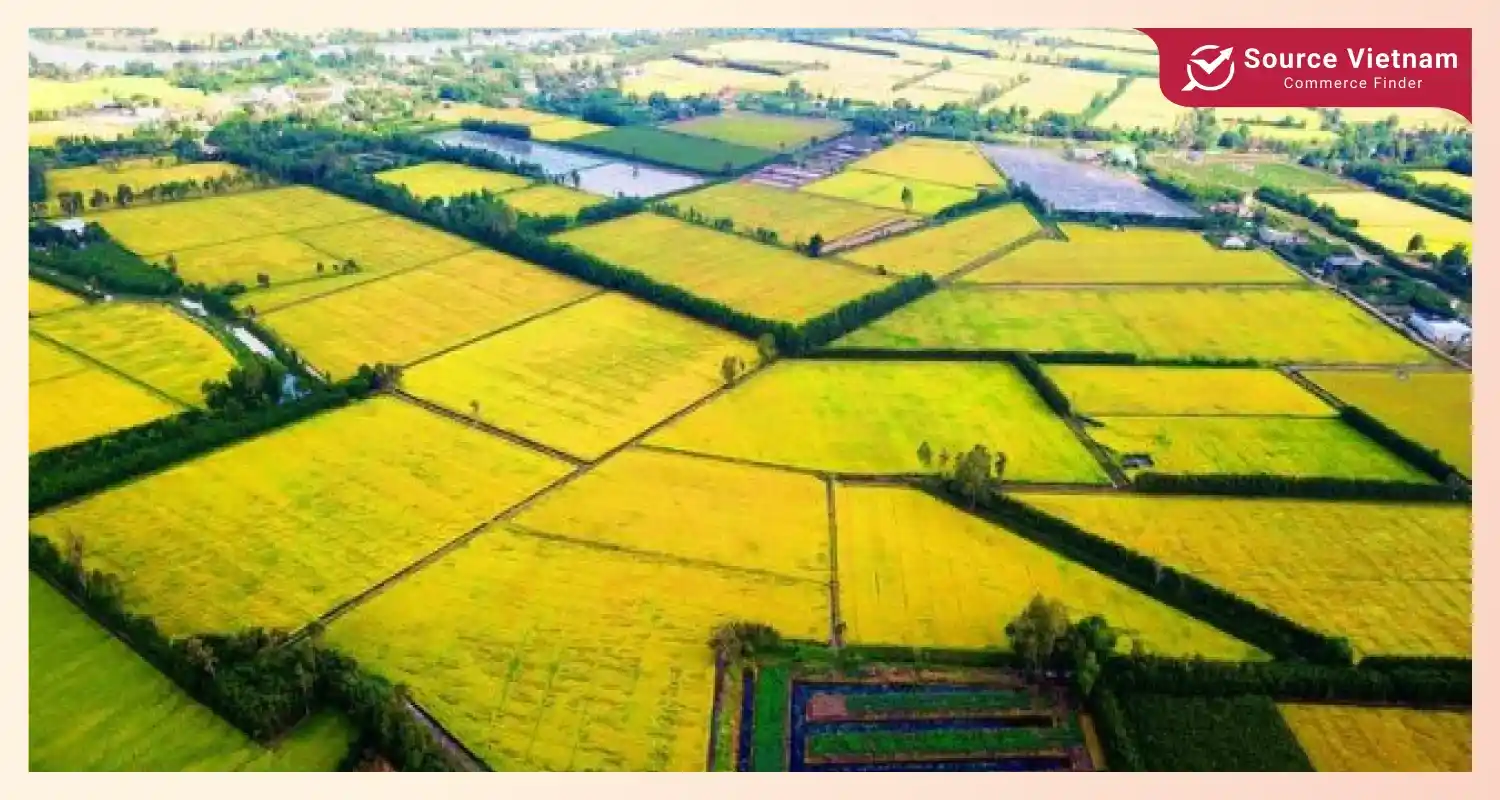
The Sông Hồng Agricultural Cooperative has developed Ecos straws made from organic vegetables. These biodegradable straws can be used in various ways, including as fish feed after use. Their products have been tested for quality and have received FDA certification from the United States, allowing them to penetrate international markets with confidence.
Transition to organic farming
The Liên Minh Safe Agricultural Products Cooperative faced initial challenges in maintaining product quality and minimizing environmental pollution. After embracing organic farming practices, the cooperative now produces tea that complies with safety standards, using organic fertilizers and minimizing chemical use. As a result, the cooperative’s monthly production has increased to three tonnes of dried tea, generating a revenue of over 500 million VNĐ.
Addressing certification fraud
Despite progress, experts have raised concerns about the rise in organic certification fraud. This issue undermines consumer trust and threatens the reputation of cooperatives and businesses internationally. Trần Văn Hiếu, director of DACE Company, which specializes in exporting agricultural products and spices, emphasizes the importance of legitimate organic certifications. Products with international organic certification, such as EU Organic or USDA Organic, typically command higher prices—often 10-25 percent more than conventional products. Legitimate certification assures international customers that products are natural, free from chemicals, and produced using sustainable methods. However, the rise in organic certification fraud poses a serious threat to the credibility of Việt Nam’s agricultural sector and its cooperatives, potentially affecting their export opportunities and damaging the commodity industry’s reputation.
Conclusion
In conclusion, the green transformation of cooperatives in Việt Nam is more than just a trend—it’s a strategic shift to meet the growing global demand for sustainable, traceable, and environmentally friendly products. From custard apples to chili sauce, biodegradable straws to organic tea, cooperatives across the country are proving that green practices can drive both revenue and reputation. However, to maintain international trust and truly benefit from export opportunities, it is essential to uphold transparency and ensure the authenticity of organic certifications. By staying committed to green standards, Vietnamese cooperatives can strengthen their position in global markets and contribute to a more sustainable future.





